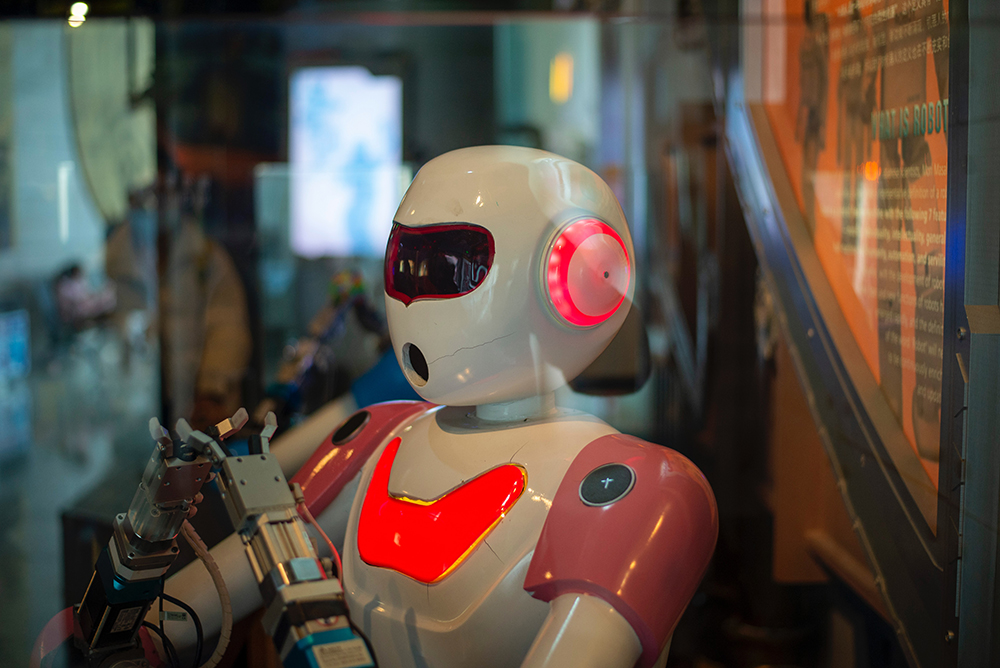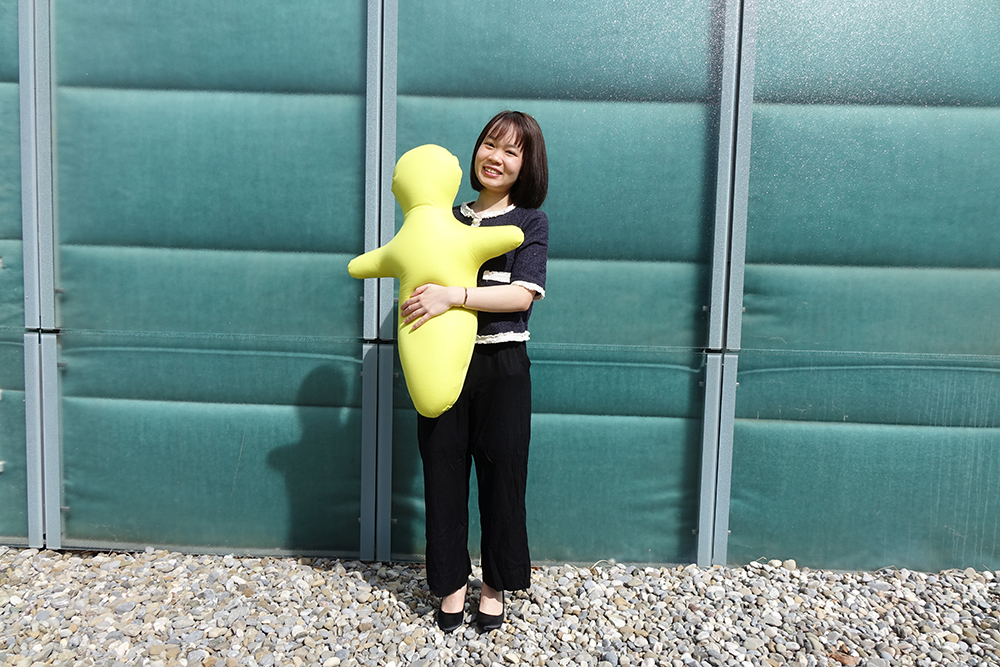The proceedings of ICSR 2022 were published in early 2023. Included is the paper “The CARE-MOMO Project” by Oliver Bendel and Marc Heimann. From the abstract: “In the CARE-MOMO project, a morality module (MOMO) with a morality menu (MOME) was developed at the School of Business FHNW in the context of machine ethics. This makes it possible to transfer one’s own moral and social convictions to a machine, in this case the care robot with the name Lio. The current model has extensive capabilities, including motor, sensory, and linguistic. However, it cannot yet be personalized in the moral and social sense. The CARE-MOMO aims to eliminate this state of affairs and to give care recipients the possibility to adapt the robot’s ‘behaviour’ to their ideas and requirements. This is done in a very simple way, using sliders to activate and deactivate functions. There are three different categories that appear with the sliders. The CARE-MOMO was realized as a prototype, which demonstrates the functionality and aids the company in making concrete decisions for the product. In other words, it can adopt the morality module in whole or in part and further improve it after testing it in facilities.” The book (part II of the proceedings) can be downloaded or ordered via link.springer.com/book/10.1007/978-3-031-24670-8.
Gendering Hugvie
On December 13th, 2022, the hybrid workshop “Realization of Avatar-Symbiotic Society” was held at the ICSR. It was organized by Dr. Takahiro Miyashita (ATR) and Prof. Dr. Takashi Yoshimi (Shibaura-IT). The description of the workshop was as follows: “This workshop aims at presenting the ongoing progress of the challenges on the Moonshot (MS) human-centered long-term R&D program. It will discuss by focusing on the goal 1 of the MS dealing with the future realization of an avatar-symbiotic society and cybernetic avatars (CAs). In the workshop, semi-autonomous tele-operated robots and CG agents are called CAs. The participants will discuss with speakers who are researchers related to CAs technology about the avatar-symbiotic society which enables to freely and actively participate in society for every person.” (Website ICSR) The first lecture entitled “Avatar and the future society” was given by Prof. Dr. Hiroshi Ishiguro (Osaka University). He introduced Erica, Telenoid, and Hugvie, among others. Hugvie is a technically expandable doll that can be hugged. He also introduced his “Avatar Infrastructure”: “Anyone, including the elderly and people with disabilities, will be able to freely participate in various activities with abilities beyond ordinary people while expanding their physical, cognitive, and perceptual abilities using a large number of CAs.” Prof. Dr. Oliver Bendel mentioned to Hiroshi Ishiguro that two of his former students, Nhi Tran Hoang Yen and Thang Hoang Vu from Ho Chi Minh City, interpreted his Hugvie as a female figure and designed a male figur (Gendering Hugvie) as part of a project on social robots. The roboticist from Osaka replied that his Hugvie doll had no gender, but noted the reception with interest. Other presentations with exciting discussions followed. More information on the conference via www.icsr2022.it.

